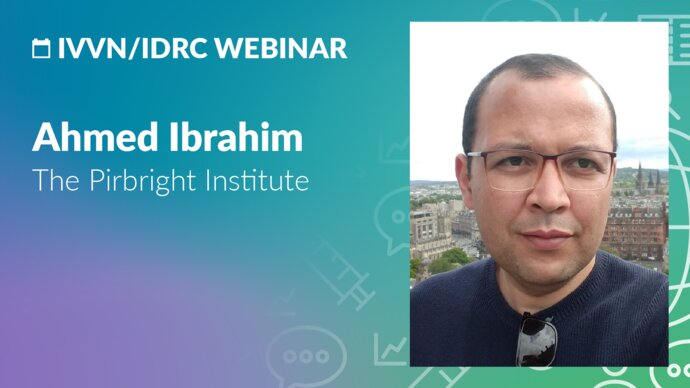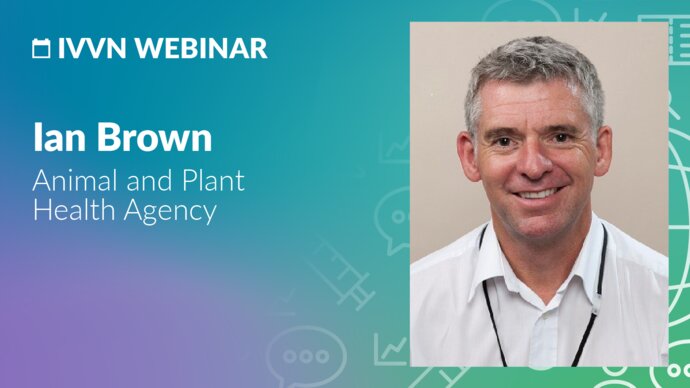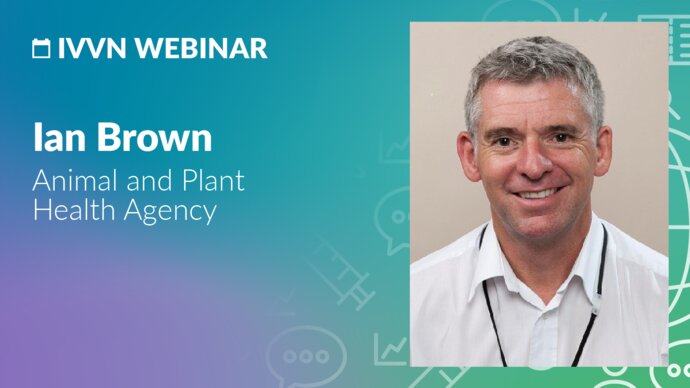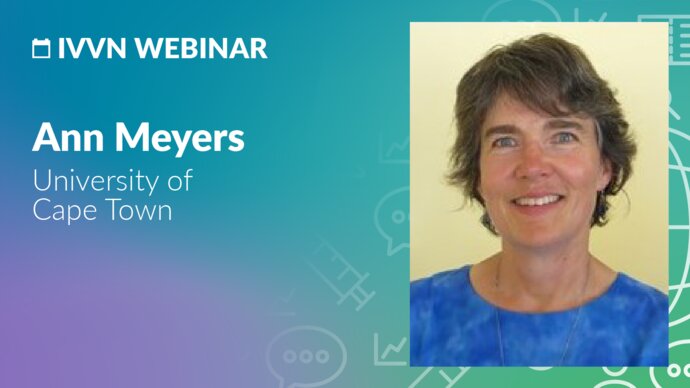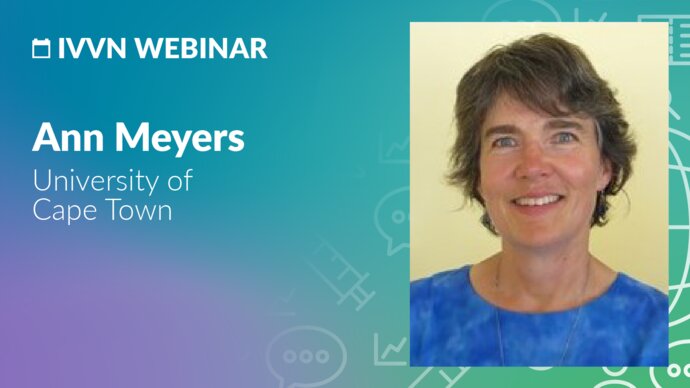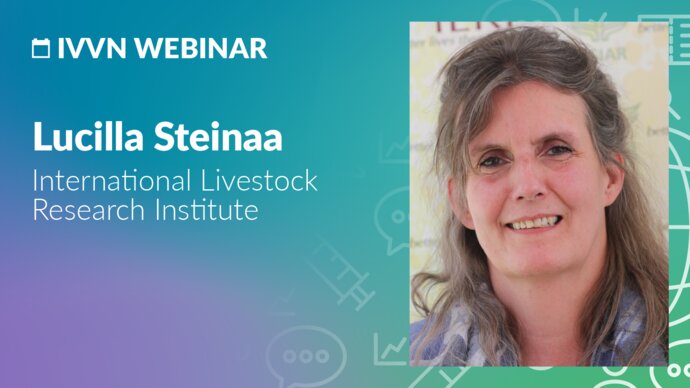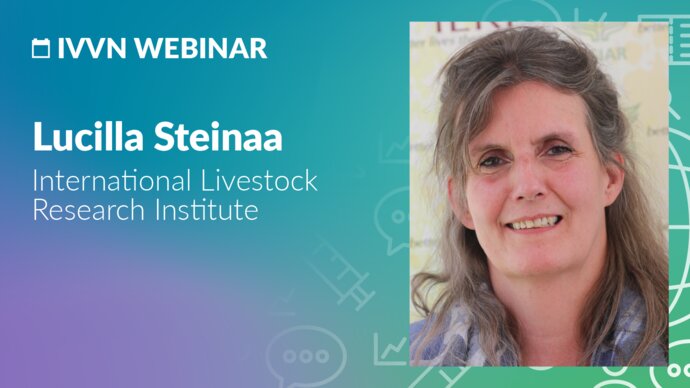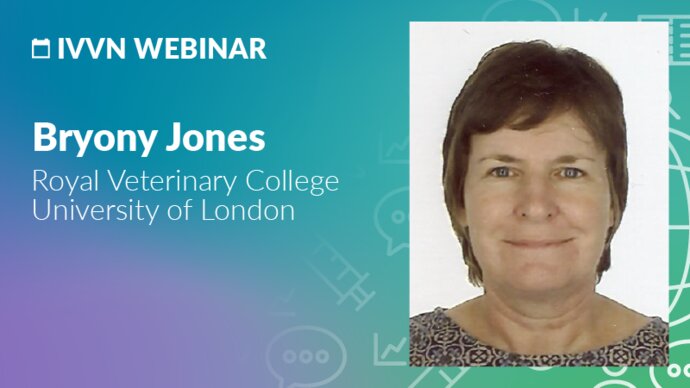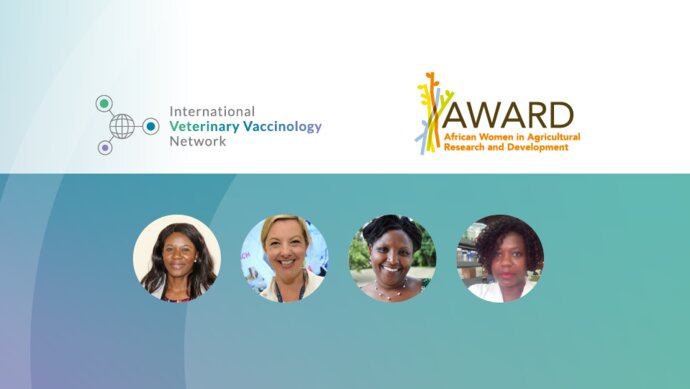IVVN webinar: Catalysing elimination of dog-mediated human rabies by 2030 in Africa
We are excited to invite you to a webinar at 12:00 pm GMT on Wednesday 27 January 2021. This webinar will be given by Dr Thumbi Mwangi. The webinar will be delivered on an online platform and a recording will be posted on our website after the event. The webinar is free to attend, but places are limited, so please register here.
Abstract
Rabies causes an estimated 25,000 human deaths in Africa annually. The domestic dog is the primary reservoir of the rabies virus transmitting more than 99% of the human cases. Each rabies death is vaccine-preventable and a global target for elimination of human deaths due to rabies has been set for 2030. The feasibility of this goal is supported by the existence of effective rabies vaccines for dogs and humans, epidemiological characteristics of the disease that support elimination, and evidence of elimination success across regions in developed and developing economies. Using experiences from ongoing rabies elimination programs in East Africa, this talk addresses the question of what it will take to eliminate rabies from the continent with a focus on three critical catalysts for a dog-mediated rabies free Africa: a) domestic ownership and commitment to rabies elimination, b) innovations in the delivery of rabies interventions for dog and human rabies, and c) integration of rabies elimination program into national health systems.
Dr Thumbi Mwangi

Thumbi Mwangi is a Kenyan veterinarian with PhD training in infectious disease epidemiology using applied epidemiological modelling and data science to improve the speed and quality of policy decision making in human and animal health.
His current research includes implementation research for the elimination of dog-mediated human rabies, syndromic surveillance for early detection of zoonotic spillover, transmission and control of zoonoses, livestock interventions for improvement of human nutritional status, and more recently transmission dynamics and control of SARS-CoV2 in Kenya.
He holds the positions of Senior Research Fellow at the University of Nairobi Institute of Tropical and Infectious Diseases, Associate Professor at the Washington State University Paul G Allen School for Global Animal Health, and the Chancellor’s Fellow in Global Health at the University of Edinburgh. He is an Affiliate Fellow of the African Academy of Sciences, and the South African Center for Epidemiological Modelling and Analysis.
Nationally, he serves as the Chair of the National Technical Committee on Modelling advising the Kenya government on COVID-19 responses, member of the National Rabies Elimination Coordination Committee charged with oversight of the implementation of the rabies elimination strategy for Kenya, and member of Kenya’s Zoonotic Technical Working Group. Internationally, he is a member of the Africa CDC COVID-19 modelling group, member of the Technical Review Committee of the African Union Africa Risk Capacity - epidemics and outbreaks program, Chair of the United Against Rabies Working Group on effective use of vaccines, medicines, tools, and technologies. He has served as a member of the World Health Organization (WHO) rabies modelling consortium, and a member of WHO Rabies Expert Group that reviewed and updated the current WHO rabies guidelines.
His research has been funded by the Wellcome Trust, Bill and Melinda Gates Foundation, World Health Organization, UK Global Challenges Research Fund, Kenya National Research Fund, Paul G Allen Family Foundation, UK Medical Research Council, Scottish Funding Council, USAID, Sanofi Pasteur and the German Research Foundation.
Time zone conversion
- New York/Toronto: 07:00 am
- Buenos Aires/São Paulo: 09:00 am
- Lagos: 1:00 pm
- Cape Town: 2:00 pm
- Addis Ababa/Nairobi 3:00 pm
- Mumbai: 5:30 pm
- Manila: 8:00 pm
- Sydney/Melbourne: 11:00 pm
- More
